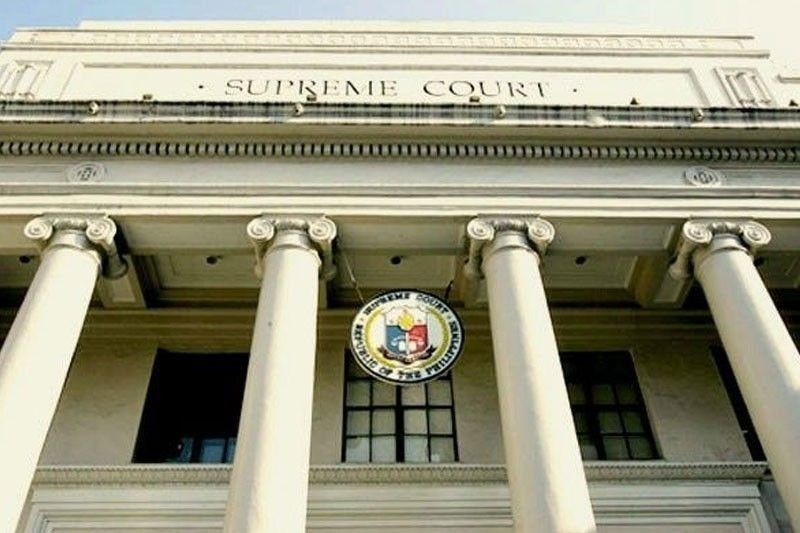International agency executives’ immunity covers only official duties – SC

MANILA, Philippines — The Supreme Court (SC) has ruled that the immunity granted to officials and personnel of international organizations, such as the Asian Development Bank (ADB), only covers official activities.
In a full court decision issued on April 16, the SC said international organizations enjoy almost absolute, if not absolute, immunity, which protects their affairs from political pressure or control by the host country.
It also prevents local courts from exercising jurisdiction over them.
Meanwhile, the SC said personnel of international organizations are entitled to immunity only for acts performed in their official capacity.
“They enjoy functional immunity or only that necessary to exercise the organization’s functions and fulfill its purposes. Immunity does not apply to their private acts, crimes and those acts contrary to law,” a summary of the ruling released by the SC Public Information Office read.
It added that courts must assess the application of immunity on a case-to-case basis.
The ruling came as the SC resolved the case of Matthew Westfall, who filed a complaint for damages against ADB officials Maria Carmela Locsin and others.
Westfall applied as a technical adviser in the ADB but was not selected. He later claimed that the statements made in the panel notes and interview reports by the respondents, who were members of the ADB screening committee, were defamatory and damaging to his professional reputation.
Westfall filed a complaint for damages before a Makati trial court, but it was dismissed on the ground that respondents enjoyed functional immunity.
The RTC ruled that the acts Westfall complained of were done in their official capacities. The Court of Appeals (CA) affirmed this ruling.
When the case was brought to the SC, the high court held that before applying immunity, courts must first conduct a factual inquiry to determine whether the subject act was done in the performance of duties.
Since this was not thoroughly done by the CA or the RTC, the SC remanded the case to the trial court for further proceedings.
The respondents, however, filed a motion for partial reconsideration, arguing there is no need to remand the case to the trial court.
- Latest
- Trending




























